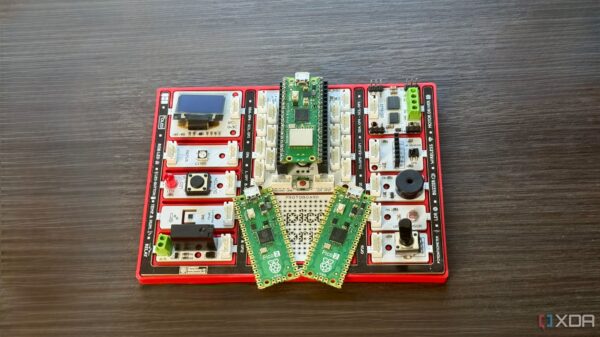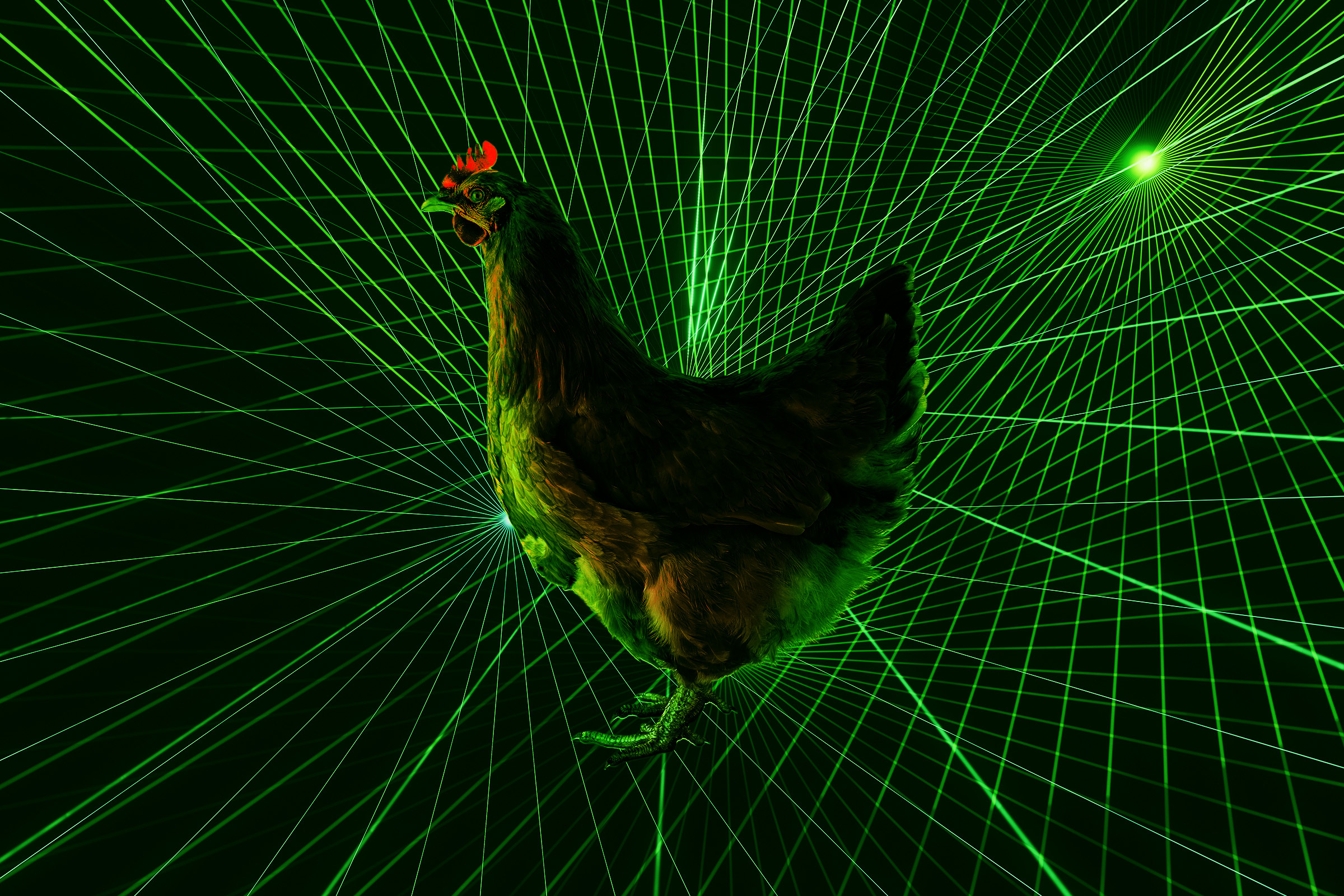In a novel approach to poultry protection, farmers in Japan are beginning to deploy automated laser drones developed by NTT e-Drone Technology Company Ltd. This innovative system is designed to deter wild birds and other potential threats from chicken coops, safeguarding the flocks from diseases such as bird flu.
The drone operates using a laser-grid projector that emits dazzling red and green lasers to scare off unwanted visitors. According to a report from Tom’s Hardware, the quadcopter autonomously navigates towards nuisance animals, providing an alternative to traditional deterrents like chemical repellents and guard animals. Video demonstrations show the drone effectively shooing away wild boar, stags, crows, and other birds, highlighting its potential utility in agricultural settings.
This initiative comes in response to a severe bird flu outbreak in Chiba Prefecture, located directly east of Tokyo. Earlier this year, the outbreak resulted in the culling of approximately 5 million chickens, with 3.3 million of those losses occurring in Chiba alone. The Japanese government mobilized national guard resources to contain the virus, reflecting the urgency of addressing this public health crisis.
Innovative Solutions for Modern Agriculture
The introduction of laser drones could represent a significant advancement in farm management technology. Current methods for deterring wildlife often include hazardous chemical agents, which pose risks to both the environment and food safety. For example, a California trapper recently discovered wild boar with deep-blue meat, a consequence of consuming a chemical repellent called diphacinone. In contrast, laser drones could mitigate such chemical usage, offering a safer option for farmers.
Although the drone system is currently at the proof-of-concept stage, it has garnered attention from both the agricultural community and local government officials in Chiba. The prefectural government is evaluating the potential for adopting these drones to prevent future outbreaks of bird flu. If approved, local subsidies may assist farmers in implementing this technology across the region.
As the agricultural sector continues to seek efficient and environmentally friendly solutions, the integration of advanced technology like laser drones could pave the way for more sustainable farming practices. The successful deployment of this system may not only enhance biosecurity but also protect the livelihoods of farmers and maintain the integrity of the food supply chain in Japan.







































































